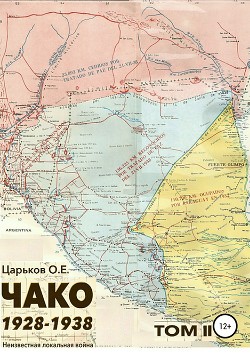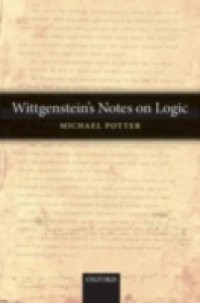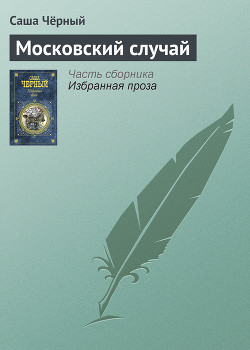The Elizabethan theatrical repertory was enthralled with the era's martial discourses and beset by its blinding visions. In her richly historicized account of the theater's engagement with 'modern' warfare, Patricia Cahill juxtaposes the new military technologies and new modes of martial abstraction with the performance of war-suffused dramas by Shakespeare, Marlowe, and their contemporaries. Equally important, she shows that even as early-modern playwrights engagedcutting-edge military practices, they routinely trafficked in phenomena resistant to the new rationalities, conjuring up a domain of eerie sounds, uncanny figures, and haunted temporalities. By going beyond the usual protocols of historicist criticism and emphasizing the complex dynamics of theatrical modes of address, this wide-ranging study investigates the representation of early-modern war trauma and recovers for us a compelling sense of the intimate relationship between affect and intellect on the Renaissance stage. Intervening in ongoing conversations about the drama's role in shaping the cultural imaginary, Unto the Breach shows that, in an era of escalatingmilitarization, England's first commercial theaters offered their audiences something of incalculable value - namely, a space for the performance and 'working through' of what might otherwise remain psychically unbearable in war's violence.




















